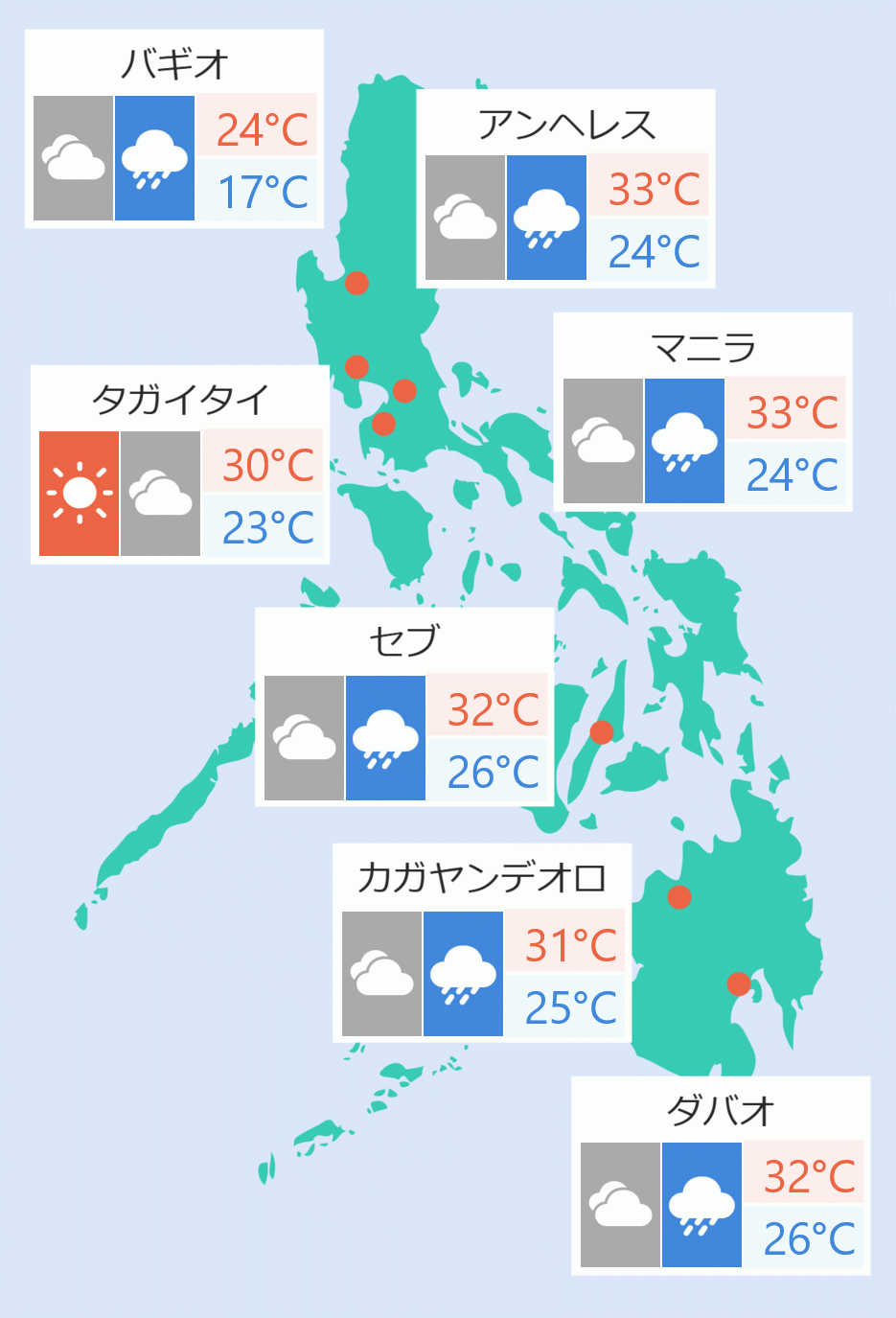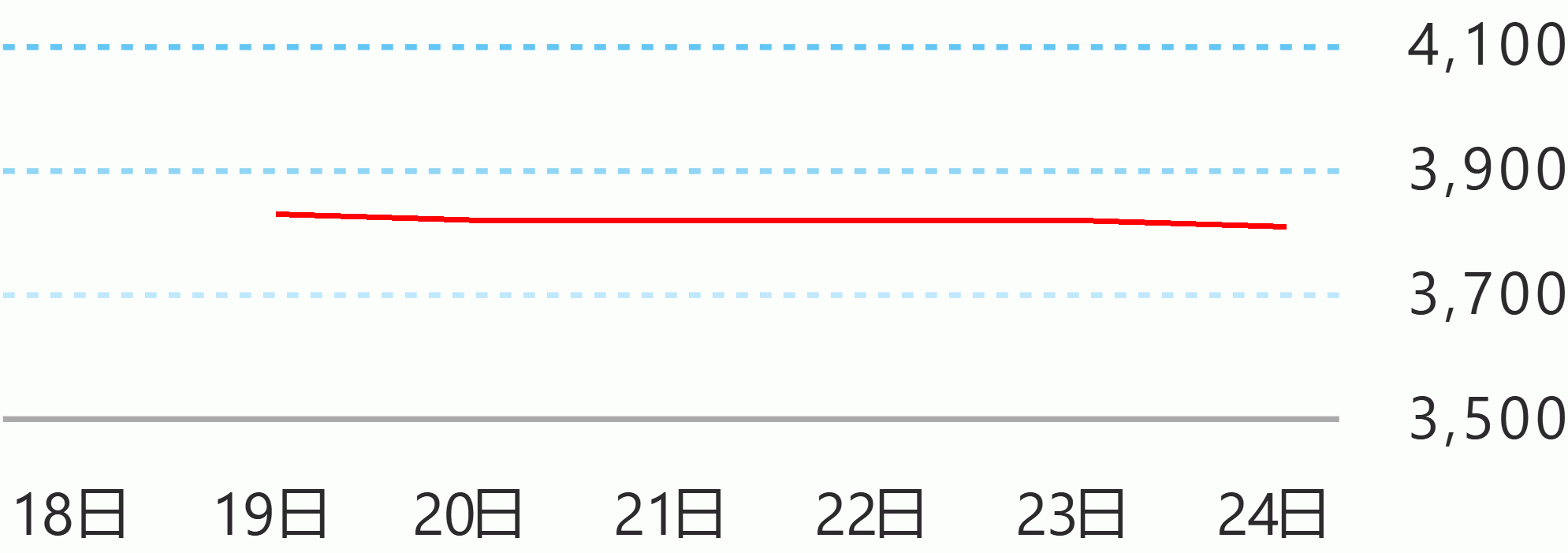The World Health Organization (WHO) revealed a list of bacteria that pose “the greatest threat to human health”.
In a statement, WHO said there are 12 families of bacteria that have developed resistance to antimicrobial medicines.
“Antibiotic resistance is growing, and we are fast running out of treatment options. Waiting any longer will cause further public health problems and dramatically impact on patient care,” said WHO Assistant Director-General for Health Systems and Innovation Dr Marie-Paule Kieny.
The 12 bacteria are divided into critical, high, and medium priority, based urgency of need for new antibiotics.
In the “critical” category are Acinetobacter baumannii (carbapenem-resistant); Pseudomonas aeruginosa (carbapenem-resistant); and Enterobacteriaceae (carbapenem-resistant, ESBL-producing).
“The most critical group of all includes multi-drug resistant bacteria that pose a particular threat in hospitals, nursing homes, and among patients whose care requires devices such as ventilators and blood catheters. They can cause severe and often deadly infections such as bloodstream infections and pneumonia,” pointed the WHO.
In the “high” category are Enterococcus faecium (vancomycin-resistant); Staphylococcus aureus (methicillin-resistant, vancomycin-intermediate and resistant); Helicobacter pylori (clarithromycin-resistant); Campylobacter spp. (fluoroquinolone-resistant); Salmonellae (fluoroquinolone-resistant); and Neisseria gonorrhoeae (cephalosporin-resistant, fluoroquinolone-resistant).
Under the “medium” category are Streptococcus pneumonia (penicillin-non-susceptible); Haemophilus influenza (ampicillin-resistant); and Shigella spp. (fluoroquinolone-resistant).
“The second and third tiers in the list ? the high and medium priority categories ? contain other increasingly drug-resistant bacteria that cause more common diseases such as gonorrhoea and food poisoning caused by salmonella,” said WHO.
Drug-resistant bacteria, the WHO said, have been deemed to have developed built-in abilities to find new ways to resist treatment and can pass along genetic material that allows other bacteria to become drug-resistant.
“This list is a new tool to ensure R&D responds to urgent public health needs. If we leave it to market forces alone, the new antibiotics we most urgently need are not going to be developed in time,” said Kieny.
Kieny said they urge people to use existing antibiotics the right way . DMS




 English
English











